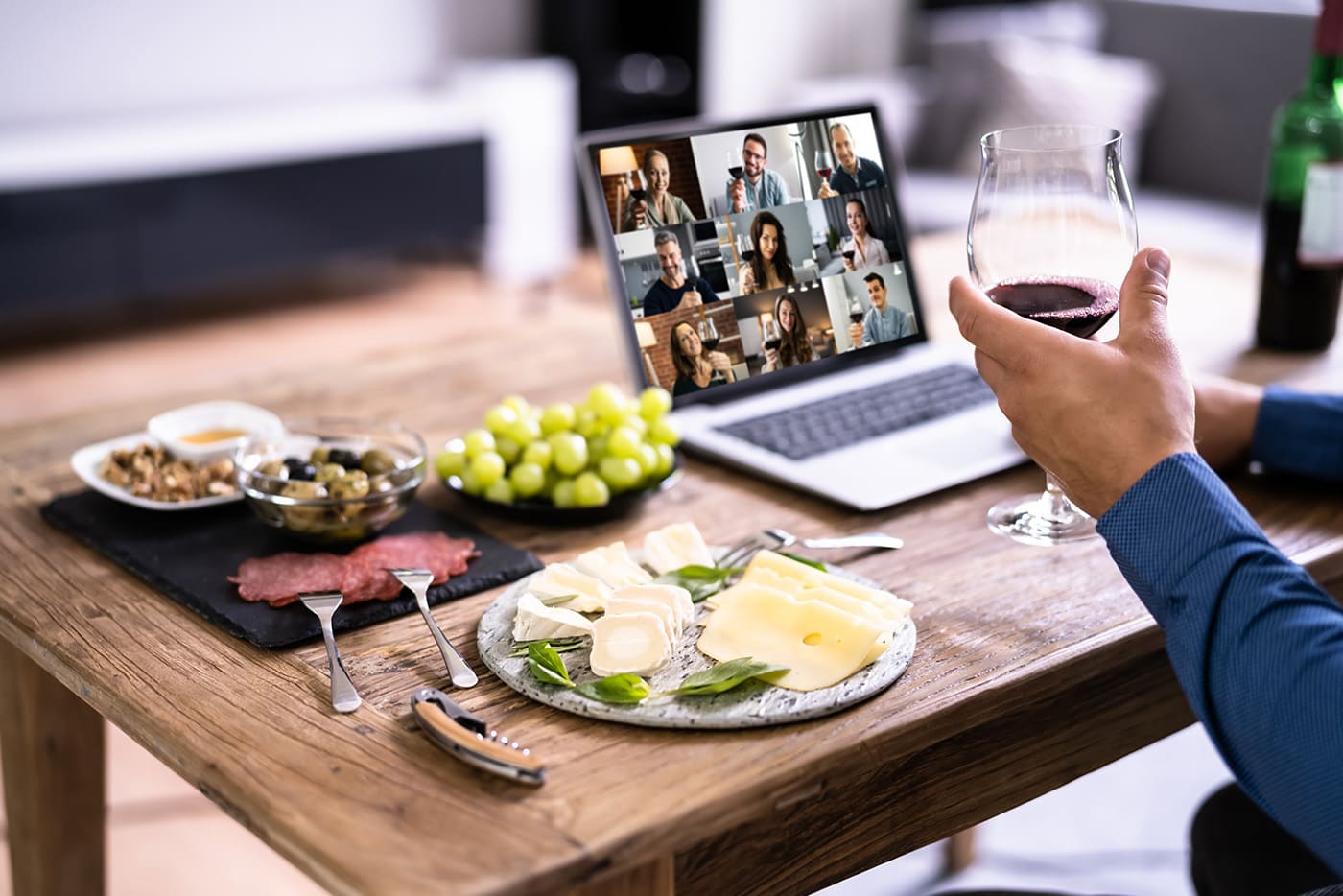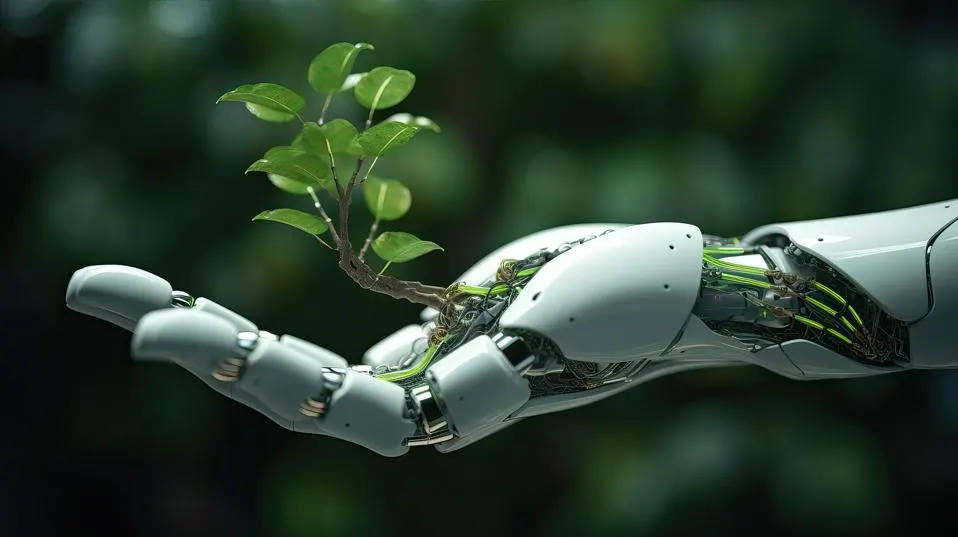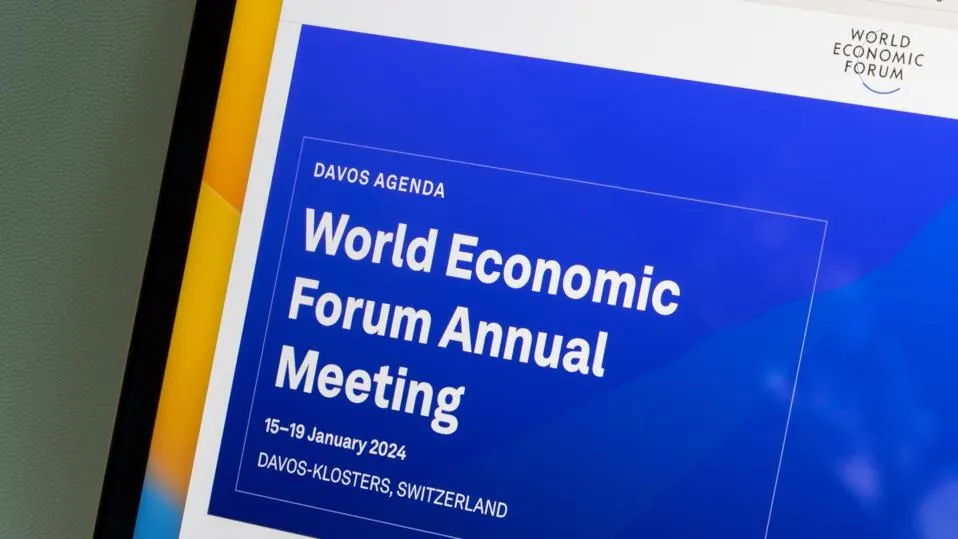Is This Web3 Winery The Future Of Wine In The Metaverse?
13 September 2022
The world of wine and spirits has so far proven attractive to the architects of web3, blockchain and NFTs. I have previously covered a number of projects in the space involving drinks makers partnering with technologists to create innovative use cases for decentralization.

Now we see the emergence of what is being hailed as the world’s first web3 winery – Evinco – which promises to combine the revolutionary ownership model of the decentralized autonomous organization (DAO) with true utility and value for its members.
Although they have only really hit the mainstream in the last couple of years, NFTs have been around for a while now. Generally, they’ve taken the form of pieces of artwork, music or video. Great for collectors of such things, but without much in the way of true utility. However, those who love the technology have long said that its true value will become apparent when they are applied to use cases beyond the collectable and cosmetic.
Recently we have started to see more of these “utility” NFTs emerging. Evinco promises that owners of its NFTs will receive gifts and specially selected merchandise from winery, as well as access and invitations to private tasting sessions, gatherings and a VIP cellar. On top of this, every owner holds voting rights within the DAO, meaning they have a direct say over the future of the winery.
Evinco Winery is a joint venture between Mario Roam Sculatti, a fourth-generation Napa Valley winemaker, and web3 and cryptocurrency veteran the WizardOfSoho.
Recently the pair joined me for a conversation where we took a more in-depth look at how the DAO works, and discussed plans for future developments, as well as the future of web3 and blockchain in winemaking.
What is a DAO?
In simple terms, a DAO is an organization that is managed in a decentralized manner using blockchain technology. Owners of private keys (in the form of NFTs) have voting rights that are recorded on the blockchain. This provides a transparent record of all decisions that are made and ensures no one party can override the collective governance of the stakeholders. Voting and transactional activity is carried out via smart contracts – executable code that also lives on the blockchain.
What makes running a winery as a DAO such a novel idea is the number of ways that the business could potentially evolve. Should it concentrate on building a globe-spanning collection of wines, focus on developing its own unique flavors and vintages, or creating unique and exclusive member experiences like the tasting lounges and cellars? Ultimately, this will be up to the collective owners – with Sculatti and The Wizard on hand to offer expert guidance and suggestions.
As The Wizard tells me, “In the wine industry, other than creating the wine – different technology and scientific advances – there’s been no disruption.
“From a community standpoint, with a traditional winery, the way they sell wine or involve the community is you sign up for a wine club, and they send you wine every so often, and that's your only point of contact. Sometimes you'll have a harvest party and at Christmas, you get discounts, but there’s no gamification, no way to engage the community in the wine world … so that’s what I think web3 can do … it’s getting the community involved in a way they feel like they own the wine, and the brand.”
This works by furnishing NFT holders with the rights to put proposals to the wider membership. If the proposal is to buy a crate of a newly released champagne to add to the cellar, or open a new tasting venue, the membership vote to accept or reject it, and the decision is made. Currently, around 50 percent of the funds raised through the sale of NFTs is invested into DAO wallet, for use in developing the future of the winery.
Resell Value
Another innovative feature of the DAO-powered winery is that member perks will continue to evolve as the NFT “ages”, while the token remains in possession of its owner. Anyone who’s been in the game for a year or more might receive extra wine, or access to exclusive and valuable vintages that aren’t available to the general public. The pair told me that more perks will emerge as the NFT matures, much like it is itself a bottle of fine wine.
Importantly, each NFT membership token is fully transferable, meaning it can be sold on – along with all of their accumulated perks – whenever the owner feels they are ready to move on.
This is in contrast to the way membership of regular organizations works, where retiring from the membership often means disposing of all of the accumulated perks and goodwill with no comeback.
Sculatti says, “That was one of the things The Wizard and I originally talked about – how can we make it from the beginning this decentralized democracy where everybody who owns a piece of this has some value, if they need to exit.”
In order to begin setting up the necessary systems and processes, the winery arranged the sale of its first batch of wine to followers of The Wizard on social media. The trade was made in the Ethereum cryptocurrency.
Sculatti says, “It’s kind of transformed my view of how a product that has so much culture and legacy, and all this history, can be brought to people who may not be into wine originally. But there’s also an old school [of wine lovers] that wants to learn about web3, so we’re seeing both sides … kind of like a convergence. That’s what I think is exciting.”
Web3 and the Future of Wines and Spirits
Although Evinco may be the first web3 winery, it follows in the footsteps of a number of other blockchain, NFT and web3-driven drinks initiatives.
The WIV platform is another DAO initiative that links bottles of wine to NFTs. Owners collect and trade the NFTs that can be exchanged for the actual physical bottles at any time – resulting in the NFT itself being “burned” (destroyed).
Another interesting project is Wine Blockchain from EZ Lab, which is attempting to create a platform for recording, tracking, and establishing the provenance of wine. It uses smart tags that can be printed on bottle labels and, when scanned, will provide a tamper-proof record of the wine's journey from vineyard to retail, including details of products and pesticides used during production.
And if that’s still not digital enough for you, then BitWine is a collection of one thousand purely digital wines that have been curated by sommelier Lauren Vaile and created by pixel artist Stephen Osborne. After all, if we’re going to be living in a virtual metaverse, we will want a nicely stocked cellar of virtual wine to show off to our friends when they visit!
Why Wine and Web3 is a great combination
As the age of web3 and the metaverse arrives, it isn’t surprising to me that wine has emerged as one of the most popular use cases for experimenting with the possibilities on offer.
The combination represents a perfect mixture of the exciting potential of the new digital age, with the earthy and experiential pleasures of the physical world. At the same time, the field of knowledge associated with making, tasting and enjoying wine is one that is rich with history and data, and the industry can clearly benefit from the efficiencies and insights that can be found within.
As consumers seek out new ways of engaging digitally with each other as well as products and services they love, we can expect this venerable and yet vibrant industry to continue to innovate and create new experiences.
Click here to watch my full webinar with the WizardOfSoho and Mario Roam Sculatti, where we discuss the plans for the world’s first DAO-powered winery in more detail.
Related Articles
How Generative AI Is Revolutionizing Customer Service
Customer service is proving to be one of the most popular applications of generative AI. But how exactly can generative AI aid customer service teams (without alienating customers)?[...]
Will Generative AI Help Us Solve The Climate Crisis (Or Will It Make It Worse)?
You might be surprised to learn that AI is already proving to be a powerful weapon in the fight against climate change.[...]
13 Ways Writers Should Embrace Generative AI
Generative AI is already being adopted in journalism to automate the creation of content, brainstorm ideas for features, create personalized news stories, and produce accompanying video content.[...]
12 New Jobs For The Generative AI Era
When any major new technology grabs the headlines, talk quickly turns to jobs. And so it is with generative AI.[...]
AI Everywhere: The Unmissable Highlights From Davos 2024
This year's World Economic Forum Annual Meeting in Davos was a testament to the growing prominence of artificial intelligence (AI) in our world.[...]
Harnessing AI’s Full Potential: 5 Adoption Essentials For Enterprise Success
Anyone paying attention to business and technology knows that AI is already driving seismic waves of change in industry and day-to-day life.[...]
Sign up to Stay in Touch!
Bernard Marr is a world-renowned futurist, influencer and thought leader in the fields of business and technology, with a passion for using technology for the good of humanity.
He is a best-selling author of over 20 books, writes a regular column for Forbes and advises and coaches many of the world’s best-known organisations.
He has a combined following of 4 million people across his social media channels and newsletters and was ranked by LinkedIn as one of the top 5 business influencers in the world.
Bernard’s latest book is ‘Generative AI in Practice’.










Social Media